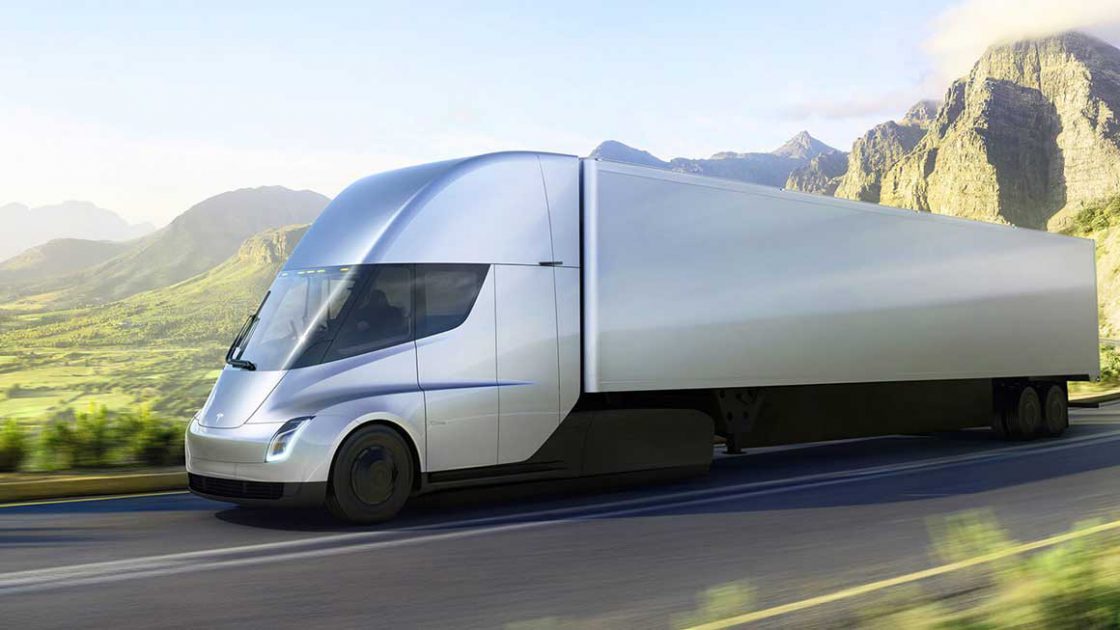During a telephone conference held after the publication of Tesla’s financial results in the fourth quarter of 2020, Elon Musk, executive director of the company, confirmed that manufacturing of the expected Semi electric truck will start this same year in numbers, but mass production won’t take place until 2022.
The current scarcity of stalks that the company suffers: due to the lack of sufficient capacity for stalks 4680, the Semi and the Cybertruck pick-up could be made on a large scale. However, it was necessary to note that the endless plants of Giga Austin and Giga Berlín should give 100 GWh to whatever comes.
Elon Musk also endorsed a question made during this telephone conference to give his opinion on the hydrogen fuel cell. Numerous companies advocate this technology as a more viable alternative that would beat them for the heavy transport sector in which it is precisely the military Semi.
“Yeah, I mean, honestly, I’ve heard this question a million times just for regular vehicles even back in the early Roadster days, even before we had the Roadster out,” said Musk. “People were saying, you know, that somehow hydrogen is going to be a better means of energy storage in a car than the batteries, and it’s like, this is just really not the case.”
“It’s only a liquid close to absolute zero, so it’s really not realistic to keep it as a liquid, so you have to keep it as a gas. So you need a gigantic fuel tank, volumetrically, and it’s got to be very high pressure. It’s a big pain in the arse, basically,” said Musk.
Musk is convinced that the trucks with batteries will end up imposing themselves due to the complexity that the fuel piles carry. “And we’re extremely confident that we can do long-range trucking with batteries …. if you do it right. You basically have no effect on your payload, or almost nothing, and you can have a long-range truck.”

